Experience relaxation and peace in your Cedar Bluff backyard with our proven mosquito control solution. Trusted by families in Cedar Bluff, our innovative approach not only repels mosquitoes but also establishes a durable barrier customized to your outdoor environment. Mosquito Shield of Knoxville is dedicated to creating mosquito-free zones, so you can enjoy your outdoor spaces without interruption.
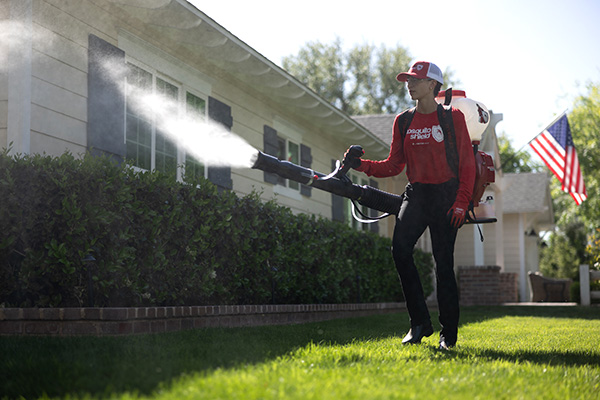
Effective mosquito control in Cedar Bluff, that drives mosquitoes away and keeps them out of your yard.

Enjoy mosquito-free outdoor time in Cedar Bluff with treatments designed to provide lasting results.

Highly rated mosquito control services in Cedar Bluff, trusted by residents to enhance outdoor living.
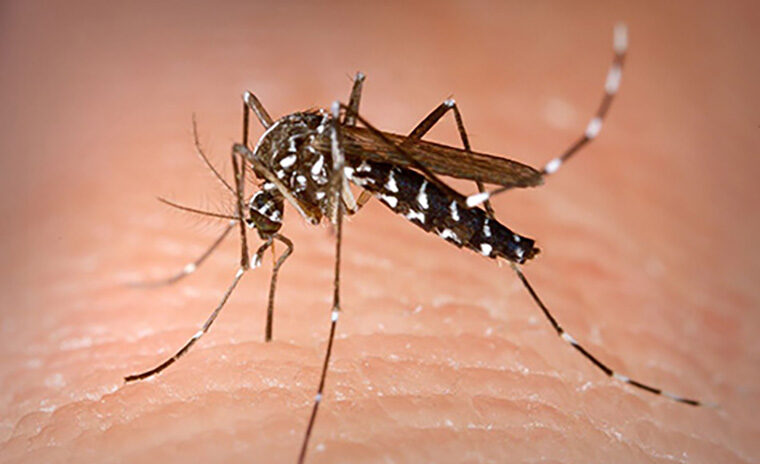
Identification: Small, black mosquito with white stripes on legs and a lyre-shaped pattern on its thorax.
Habitat: Thrives in Knoxville’s residential neighborhoods—breeds in containers like birdbaths, clogged gutters, and children’s toys.
Behavior: Aggressive daytime biter; targets people over animals.
Health Risks: Can transmit Zika virus, dengue, and chikungunya.
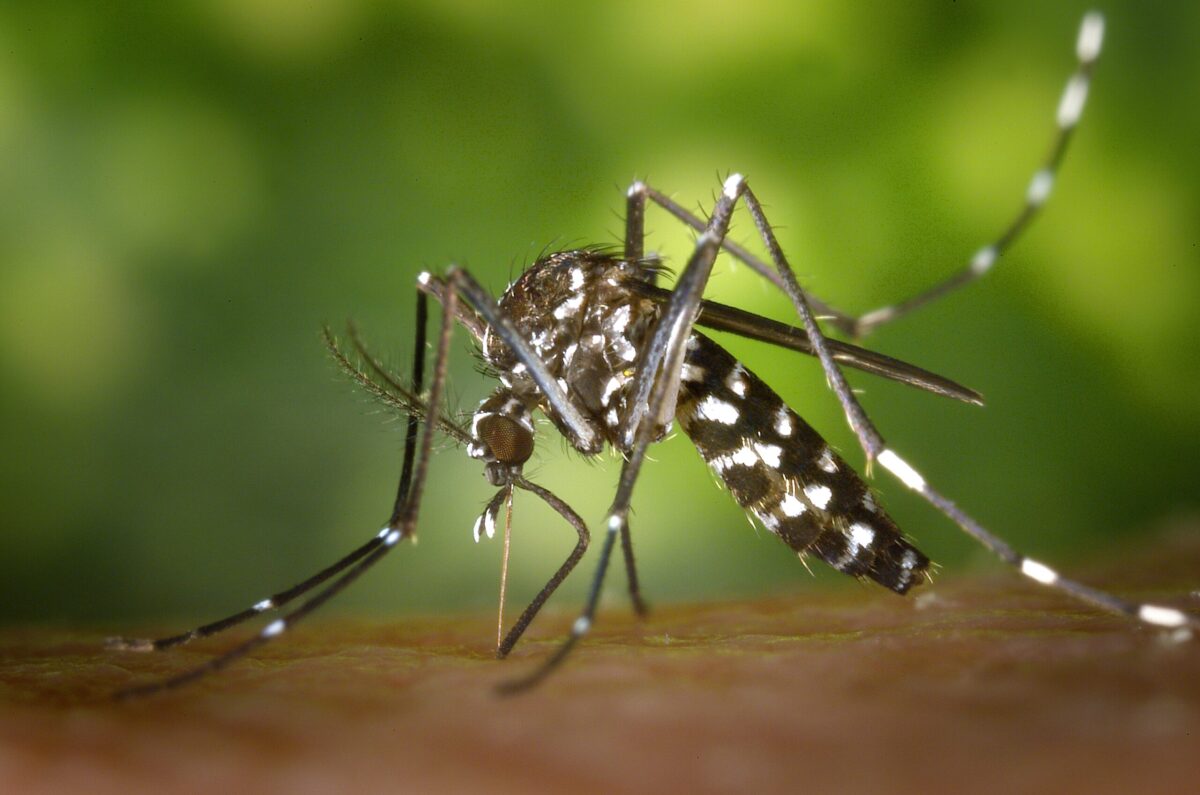
Identification: Black body with a bold white stripe down the center of the back and white-banded legs.
Habitat: Common in Knoxville’s shaded suburban yards, parks, and near damp, overwatered lawns.
Behavior: Bites during daylight hours; especially around ankles and legs.
Health Risks: Potential vector for West Nile virus, Zika virus, and dengue.
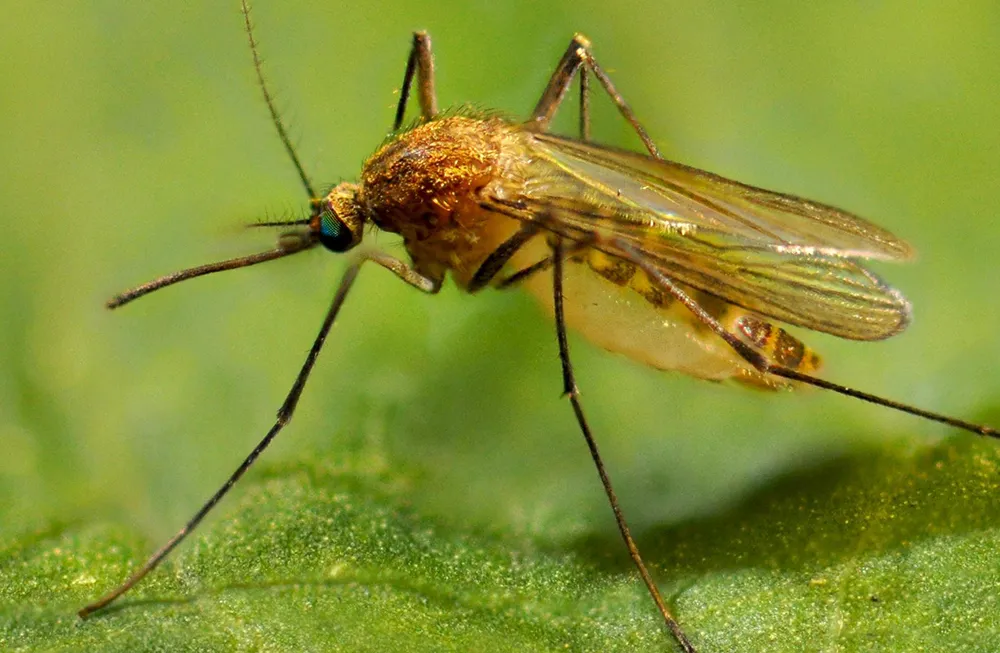
Identification: Light brown with darker bands across the abdomen; often confused with other common species.
Habitat: Found near stagnant water such as storm drains, retention ponds, and pet bowls left outdoors.
Behavior: Nocturnal biter; frequently enters homes in the evening.
Health Risks: Known carrier of West Nile virus in East Tennessee.
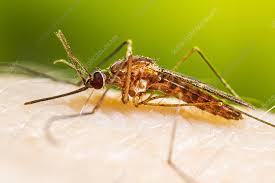
Identification: Medium-sized, dark with four spots on each wing; rests at an angle.
Habitat: Prefers clean, slow-moving water like creeks or shaded areas around lakes.
Behavior: Active around dusk and dawn.
Health Risks: Formerly a malaria vector; still bites humans and thrives in rural and semi-rural areas near Knoxville.

Cedar Bluff is a dynamic neighborhood situated in West Knoxville, Tennessee, known for its tree-lined streets, family-friendly atmosphere, and proximity to major commercial corridors. Residents enjoy access to a variety of shopping centers, restaurants, and recreational facilities, making it a convenient and desirable place to live. However, Cedar Bluff’s humid summers, wooded areas, and nearby water features create favorable conditions for mosquitoes and ticks, necessitating proactive pest management strategies.
The neighborhood’s combination of residential landscapes, green spaces, and water sources provides an environment where mosquito populations can thrive without regular control efforts.
In Cedar Bluff, residents face seasonal threats from mosquito-borne illnesses such as West Nile Virus and La Crosse Encephalitis, as well as tick-borne diseases like Lyme disease and Anaplasmosis. With many outdoor spaces and natural features integrated into the community, managing mosquito and tick activity is essential to protect both residents and pets.
To mitigate these risks, local authorities and residents are encouraged to:
Eliminate standing water in birdbaths, gutters, and containers to disrupt mosquito breeding grounds.
Wear insect repellent and protective clothing when spending time outdoors, especially during dawn and dusk.
Utilize professional mosquito and tick control services to treat residential properties and communal areas.
The Knox County Health Department provides information and resources on mosquito control programs and public health initiatives.

Cedar Bluff experiences warm, humid summers and mild winters, with mosquito and tick activity typically increasing in late spring and continuing through early fall. Rainfall and irrigation can lead to standing water, providing breeding grounds for mosquitoes, while ticks are most active in spring and autumn, particularly in wooded and grassy areas.
Mosquitoes and Proximity to Water Features: Ornamental ponds, birdbaths, and poorly draining areas in and around Cedar Bluff contribute to higher mosquito populations during warmer months.
Ticks and Dense Vegetation: Forested trails, overgrown yards, and shaded areas offer ideal habitats for ticks during their peak seasons.

